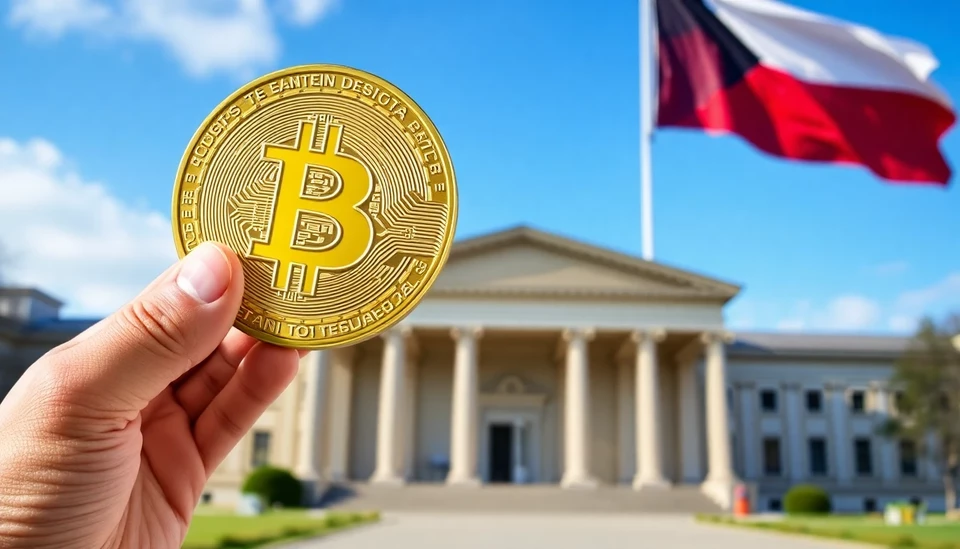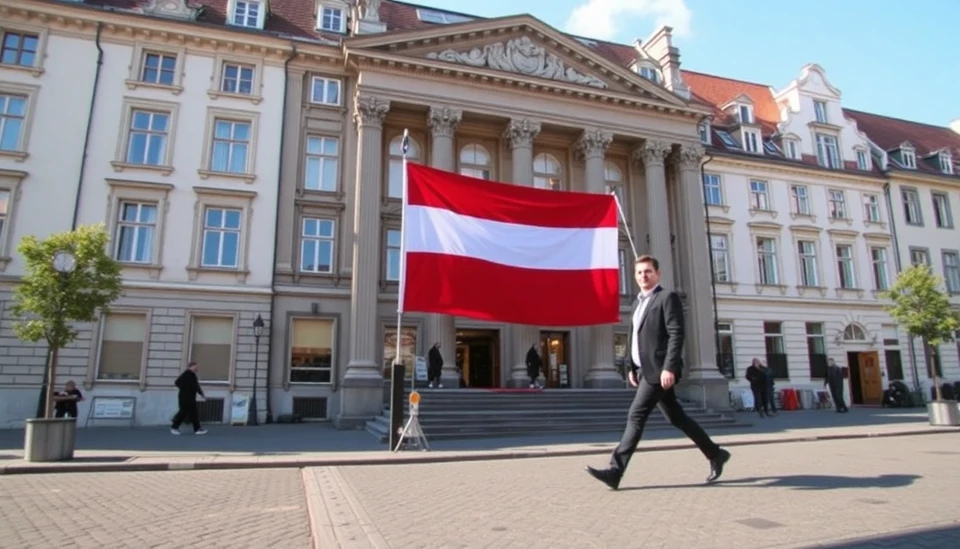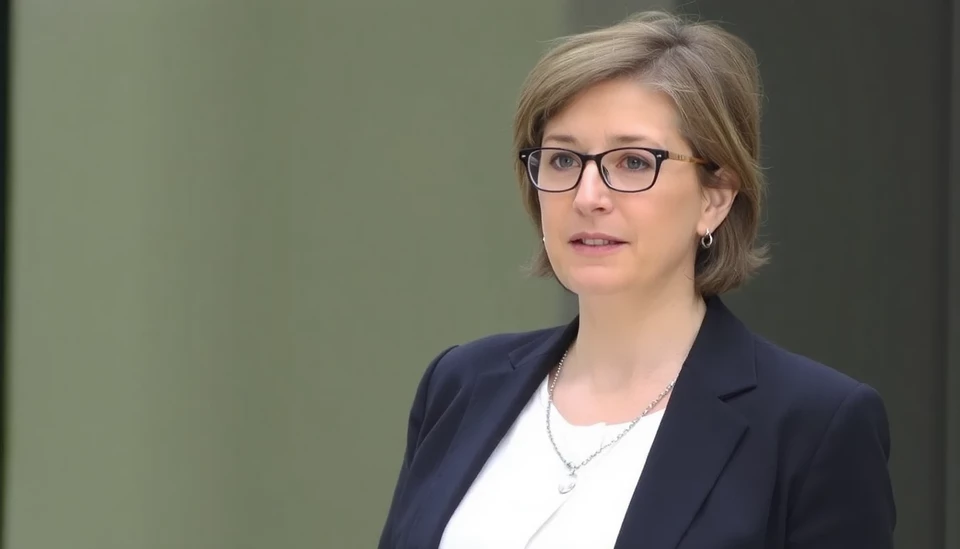
The Governor of the Czech National Bank (CNB), Ales Michl, has sparked significant interest in the financial community with his recent consideration of incorporating Bitcoin into the central bank's reserves. This development, reported by the Financial Times, indicates a potential strategic shift in how central banks, traditionally conservative institutions, view digital currencies.
Michl’s remarks come at a time when global regulatory frameworks regarding cryptocurrencies are evolving quickly. The potential adoption of Bitcoin by the CNB as a reserve asset could position the Czech Republic among a select group of nations willing to embrace digital currencies on a governmental level. This comes amidst ongoing debates over the legitimacy and stability of cryptocurrencies, which have been met with both enthusiasm and skepticism worldwide.
Comments from Michl suggest a cautious approach, emphasizing the need for thorough analysis and policymaking. He stated that while the idea of holding Bitcoin was intriguing, it requires careful consideration of its risks and implications for monetary policy and financial stability.
This consideration is reminiscent of trends seen in other countries. For example, several central banks globally are investigating the potential benefits and drawbacks of integrating digital assets into their monetary frameworks. The discourse surrounding Bitcoin adoption is often framed within a broader context of financial innovation, technological advancement, and the quest for more secure and efficient payment systems.
Moreover, the CNB's potential pivot towards cryptocurrency could lead to broader discussions about the future of money, the importance of digital currencies in the global economy, and the role of central banks in managing these assets. While the idea may seem radical to some, others argue that adapting to the rise of digital currencies is essential in the era of rapid digital transformation.
As the CNB considers the feasibility of this bold move, it becomes clear that the financial landscape is shifting. Stakeholders, including investors and policymakers, will need to monitor developments closely, as any decision made by the bank could have far-reaching implications not just for the Czech economy but for the global financial system as well.
In conclusion, the possibility of the Czech central bank diversifying its reserves with Bitcoin reflects an intriguing intersection of traditional finance and innovative technology. As Michl explores these options, the world watches to see if this will be the beginning of a new trend in central banking.
Overall, this debate highlights the complexities and dualities of modern finance, suggesting a possible future where digital currencies play an integral role within national economic strategies.
#CzechRepublic #Bitcoin #CentralBank #DigitalCurrency #Cryptocurrency #FinancialInnovation #CNB #AlesMichl
Author: Rachel Greene




